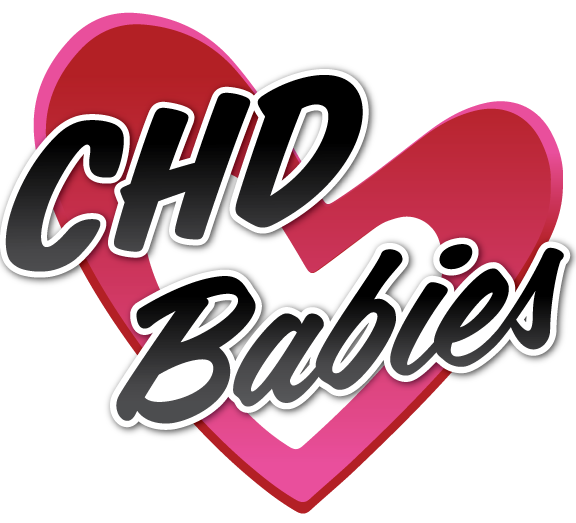Medicines are often needed to treat congenital heart defects until the defect can be repaired or corrected. Some complex acyanotic heart defects and most cyanotic heart defects require ongoing treatment with medicines even after the defect is repaired. Children with certain defects that cannot be completely corrected may have to take medicines for a long time.
Medicines used to improve blood flow and help manage symptoms related to heart failure include the following:
Diuretics –
Furosemide (Lasix), as well as Capozide and Aldactone, are types of diuretics that cause the kidneys to remove water and salt (sodium) from the body. This reduces the amount of fluid in the body & lungs, lowers blood pressure, and helps the heart beat stronger. Because these medicines increase urination, diuretics are commonly called “water pills.”
In children who have congenital heart defects, diuretics often are given to treat symptoms of hypertension and heart failure (such as shortness of breath). Diuretics allow the heart to function more efficiently, which helps improve swelling and breathing difficulty.
Cardiac Glycosides/Inotropic Drugs –
Digoxin is a type of cardiac glycoside that slows and strengthens the heartbeat by affecting the natural electrical system of the heart. Cardiac Glycosides most often are used to treat severe heart failure and atrial fibrillation that can occur with congenital heart defects. These conditions are more common in complex defects. It sometimes takes several weeks to determine the correct dose of this medicine. This medication is most often taken as pills, but is available in liquid form. Cardiac Glycosides help control rapid irregular heartbeats, reduce the backup of blood and fluid in the body (cause of swelling in the arms/legs and difficulty breathing), increase blood flow through the kidneys (helps get rid of sodium) and relieves swelling in the tissues of the body.
Vasodilators –
Captopril and Enalapril are types of vasodilators that treat heart failure in children with congenital heart defects. Vasodilator medicines decrease blood pressure by relaxing the muscle around the blood vessels. This allows blood vessels to expand, letting blood flow through the vessels and to the tissues of the body more easily.
Antiarrhythmics –
Amiodarone, Adenosine, Beta Blockers, Calcium Channel Blockers, and Digoxin are types of antiarrhythmic medicines that are used to treat and prevent irregular heartbeats. They act on the electrical system of the heart and block some of the extra electrical activity in the cells of the heart. This makes the heart beat regularly. These medicines help control irregular heartbeats; they do not treat the congenital heart defect itself.
Other medicines may include:
Antibiotics before dental and surgical procedures, to help prevent endocarditis (in certain cases).
Anticoagulants to prevent blood clots after surgery. They are not always needed after surgery. If an anticoagulant is needed, a simple medicine may be prescribed, such as a daily aspirin, or a stronger medicine, such as Warfarin.
Beta Blockers are used to treat a variety or medical problems from hypertension, angina, arryythmias, heart failure, and myocardial infarct to migraine headaches and benign tremors.
Prostaglandins and Prostaglandin Inhibitors, to help keep open or to close the Ductus Arteriosus. Normally, a blood vessel needed only for fetal blood circulation (called the ductus arteriosus) closes off at birth. During fetal development, this blood vessel is kept open by a naturally occurring substance in the fetus’s body called prostaglandin. At birth, fetal production of prostaglandin decreases and the ductus arteriosus closes.
In some infants, this blood vessel does not close, which is a condition called a patent (open) ductus arteriosus. These infants are given a prostaglandin inhibitor, a medicine to stimulate the closure of this blood vessel.
When an infant has certain other congenital heart defects, a medicine (a form of prostaglandin) is often given by vein to keep the ductus arteriosus open. Keeping this blood vessel open allows the blood to continue circulating until surgery or another procedure can be done to correct the related defect and allow normal blood flow.
This post briefly touches on several categories of medications. Medications used to treat congenital heart defects are very strong and can be dangerous if they are not given correctly. It is important to know how to give medicine to your child safely. Please read all labels carefully. Please consult your child’s pediatric cardiologist for more information, including side effects.
